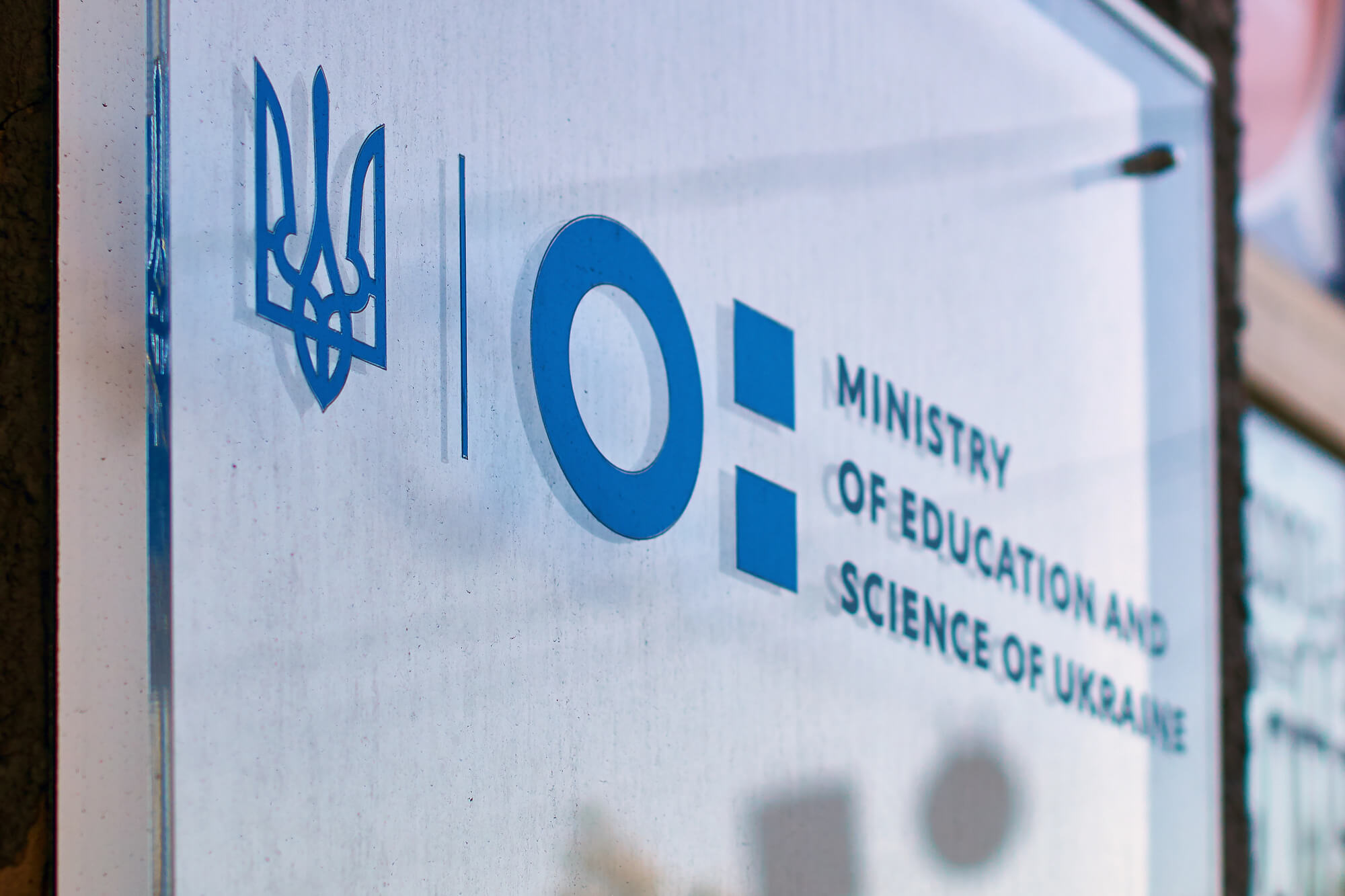A proposal has been made in the Ukrainian Verkhovna Rada to establish criminal consequences for using fake accounts, commonly referred to as “bot farms,” to spread unreliable information on social media. The suggested penalty would involve actual terms of imprisonment or other forms of freedom restriction. This idea has generated a strong reaction within the media sphere, particularly with accusations of yet another attempt at political censorship. However, even at its initial stage, most experts believe that the likelihood of this draft law being enacted is low. Nonetheless, this incident serves as a clear example highlighting the necessity for progress in law-making reform.
Context
Draft law No. 9223, titled “On Amendments to the Criminal Code and Criminal Procedure Code of Ukraine concerning the Imposition of Liability for Certain Actions against Ukraine’s National Security,” was registered by a group of MPs led by Heorhii Mazurashu on April 19, this year. The proposed legislation aims to amend the Criminal Code of Ukraine by introducing Article 114(3), which addresses the use of accounts in disseminating false information or exerting influence on decision-making processes and taking or not taking action.
The draft law specifically targets creating, acquiring, using, or selling accounts within (automated) information systems, electronic communication and information systems, and electronic communication networks, i.e., social media platforms like Facebook, Instagram, Twitter, and others. These actions would be subject to penalties ranging from fines to deprivation or restriction of personal freedom.
For reference: As per subsection 31 of Article 1 of the Law of Ukraine “On Copyright and Related Rights,” an account is defined as a recorded entity conforming to Internet standards, stored on computer equipment (such as computers or servers), connected to the Internet, and identifying a user (e.g., the website owner) on said equipment. The account contains information pertaining to accessing specific catalogs, computer programs, and computer equipment. Additionally, it establishes the rights associated with such access, including the ability for the account owner to add, delete, and modify digital content and data on the website, grant access to the website or its components and data to others, as well as terminate the operation of the website or a part thereof through the account.
Nevertheless, not all of these actions will result in punishment. According to the draft law, the elements of the crime include the following:
- Accounts that knowingly contain false information about the user
- The use of such accounts to publish and spread inaccurate information, including on behalf of unverified individuals, or to interfere with the activities of individuals and legal entities
- The actions being carried out to the detriment of Ukraine’s sovereignty, territorial integrity, inviolability, defense capability, and national, state, economic, or informational security
If the actions do not meet the criteria for treason, violators can face penalties such as fines ranging from one to three thousand times the non-taxable minimum income of citizens, which equates to UAH 17,000 to UAH 51,000. Alternatively, they may be sentenced to corrective labor for up to two years. However, if these actions are repeated or carried out by a group of individuals in accordance with a premeditated plan or with the intent to influence state or local bodies and their officials, the perpetrators may face more severe consequences, including restrictions on personal freedom or even deprivation of freedom for a duration of three to five years. In situations where the crime is committed during martial law, a lengthier term of imprisonment of up to seven years, along with property confiscation, may be imposed.
If the use of accounts leads to a rise in social tension, infringes upon the constitutional rights and freedoms of individuals, or poses a potential threat to national security without displaying any indications of treason against the state, a penalty ranging from seven hundred and fifty to one thousand times the non-taxable minimum incomes of citizens (equivalent to UAH 12,750-17,000) or a period of corrective labor lasting up to one year can be imposed.
The draft law’s authors argue that the proposed changes aim to safeguard national interests in the realm of information, taking into consideration the widespread “utilization of bots on socially-oriented online platforms in conducting harmful information campaigns,” as stated in the accompanying explanatory note.
Furthermore, the draft law suggests assigning the pre-trial investigation of this offense to the jurisdiction of the Security Service of Ukraine.
What is wrong with this bill?
Despite the large number of registered draft laws in Ukraine (one of the highest in Europe), this particular legislative proposal garnered significant attention in the media. The initiators of the draft law faced accusations of attempting to infringe upon freedom of speech and introducing censorship regarding government criticism.
Furthermore, lawyers and experts have highlighted the inadequate preparation of the legislative draft, pointing out that Ukrainian legislation already has provisions that address liability for similar actions. For instance, in September of the previous year, the Security Service of Ukraine (SBU) announced the neutralization of 35 bot farms. The creation of such farms falls under the classification of Article 361 of the Criminal Code of Ukraine, which pertains to unauthorized interference with the operation of (automated) information systems, electronic communication systems, information and communication systems, and electronic communication networks.
On the other hand, even the lawmakers themselves do not take the bill seriously. Mykyta Poturaiev, the Chair of the Committee on Humanitarian and Information Policy, remarked that the likelihood of the law being passed is extremely low, close to “absolute zero.” The Committee will only discuss the project in their next meeting due to the public attention it has received.
This case serves as a remarkably vivid illustration of the challenges within the legislative process, as highlighted in a recent study by Vox Ukraine.
Oleh Ivanov, Vox Ukraine analyst:
“The biggest problems of the law-making process in Ukraine are the poor-quality preparation of draft laws and their large number. The committees spend much time determining the need for changes and finalizing the submitted projects. In turn, Parliament does not have time to review all draft laws properly, which results in passing laws that contradict Ukraine’s Constitution or current legislation.”
Conclusions
Considering the potential implications on freedom of speech and its lack of substance, it is improbable that the bill will be enacted and result in significant amendments to the Criminal Code of Ukraine. However, according to Article 93 of the Rules of Procedure of the Verkhovna Rada, the draft law must still be deliberated upon by the main and other committees. This entails spending taxpayers’ time and resources on an initially unsustainable project.
Hence, it is crucial to establish a mechanism for assessing the quality of draft laws even before their registration stage. For instance, bills should undergo public or expert discussions, require a minimum number of authors, or obtain the Verkhovna Rada legal department’s conclusion indicating their compliance with existing legislation. Implementing such measures would save valuable committee time and facilitate the improved development of reform initiatives that align with the needs of society.
This article was prepared with the financial support of the European Union. Its content is the sole responsibility of Viktoriia Ahapova and does not necessarily reflect the views of the European Union.
Attention
The author doesn`t work for, consult to, own shares in or receive funding from any company or organization that would benefit from this article, and have no relevant affiliations




